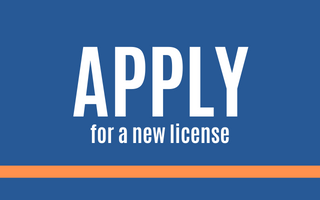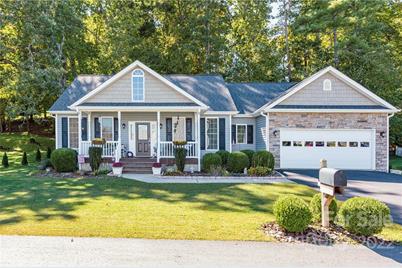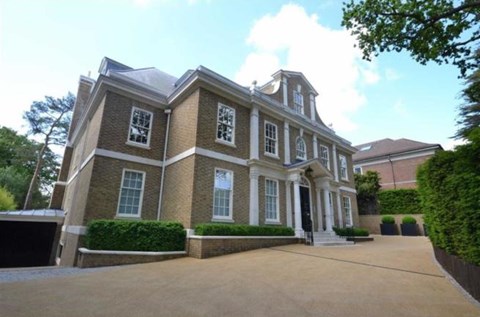
Here are some tips to maximize your real estate investment returns. You can learn more about what types of properties you could invest in by reading the following article. We will also be discussing the importance and benefits of location, asset preservation, and refinancing current properties. Then, take advantage of these tips to maximize your investment success. This article will be especially useful if this is your first time investing or you plan on buying multiple properties.
Investment properties
What makes investment properties suitable for real estate investors attractive? Your goals, market conditions, and preferred investing strategy will all play a role in the answer. These are complex questions that require a variety of investment options. There is no single right answer. You need to weigh the pros/cons of each option. You should also consider the location of your investment. Investors who live in emerging markets may be more open to investing in vacant land. Those who live in mature markets may be more keen on residential properties.

Protection of your assets
You have a number of options to protect your assets when you are serious about investing in real property. While most real estate investors will use landlord insurance and conservative amounts of debt, holding real property in an LLC or trust can increase your asset protection. Also, consider the equity that you have in your properties. In the end, your goals and investment tolerances will determine which strategy is best.
Location
Location is everything in real estate investing, and the location you buy your property in will greatly impact your return on investment. While cheaper properties may not be as lucrative as expensive ones, it is still important to consider the surrounding neighborhood. Some areas are flourishing while others are not the best investments. It is important to consider the area’s affordability and the job market before you decide whether this property is the right one for you. Final, ensure that you have thoroughly checked the property before making your final decision.
Refinance existing homes
You can use existing properties as a refinance for real-estate investor to obtain lower interest rates and lower monthly payment to maximize your return. You can refinance existing properties to make improvements or finance other investments. A refinance may also offer tax deductions, so it's a great option for investors. It is not easy. Here are the steps to get you started.

Manage your portfolio
There are many choices to be made when you start your own real estate portfolio. The best asset allocation depends on your goals as well as your tolerance for risk. Investors who seek higher returns will need to be willing to take on more risk, while those seeking stable income will prefer to make safer investments. A greater tolerance of risk results in a more aggressive real-estate portfolio. But how can you choose which investments to make?
FAQ
Should I rent or buy a condominium?
Renting may be a better option if you only plan to stay in your condo a few months. Renting lets you save on maintenance fees as well as other monthly fees. On the other hand, buying a condo gives you ownership rights to the unit. The space can be used as you wish.
Which is better, to rent or buy?
Renting is generally less expensive than buying a home. But, it's important to understand that you'll have to pay for additional expenses like utilities, repairs, and maintenance. There are many benefits to buying a home. You will have greater control of your living arrangements.
How can I get rid Termites & Other Pests?
Termites and other pests will eat away at your home over time. They can cause damage to wooden structures such as furniture and decks. It is important to have your home inspected by a professional pest control firm to prevent this.
What amount of money can I get for my house?
It depends on many factors such as the condition of the home and how long it has been on the marketplace. According to Zillow.com, the average home selling price in the US is $203,000 This
How much does it cost to replace windows?
The cost of replacing windows is between $1,500 and $3,000 per window. The total cost of replacing all of your windows will depend on the exact size, style, and brand of windows you choose.
What are the cons of a fixed-rate mortgage
Fixed-rate loans are more expensive than adjustable-rate mortgages because they have higher initial costs. Also, if you decide to sell your home before the end of the term, you may face a steep loss due to the difference between the sale price and the outstanding balance.
What is a Reverse Mortgage?
Reverse mortgages allow you to borrow money without having to place any equity in your property. It allows you access to your home equity and allow you to live there while drawing down money. There are two types available: FHA (government-insured) and conventional. A conventional reverse mortgage requires that you repay the entire amount borrowed, plus an origination fee. FHA insurance will cover the repayment.
Statistics
- The FHA sets its desirable debt-to-income ratio at 43%. (fortunebuilders.com)
- When it came to buying a home in 2015, experts predicted that mortgage rates would surpass five percent, yet interest rates remained below four percent. (fortunebuilders.com)
- This means that all of your housing-related expenses each month do not exceed 43% of your monthly income. (fortunebuilders.com)
- It's possible to get approved for an FHA loan with a credit score as low as 580 and a down payment of 3.5% or a credit score as low as 500 and a 10% down payment.5 Specialty mortgage loans are loans that don't fit into the conventional or FHA loan categories. (investopedia.com)
- Some experts hypothesize that rates will hit five percent by the second half of 2018, but there has been no official confirmation one way or the other. (fortunebuilders.com)
External Links
How To
How do I find an apartment?
The first step in moving to a new location is to find an apartment. This involves planning and research. This includes researching the neighborhood, reviewing reviews, and making phone call. While there are many options, some methods are easier than others. Before renting an apartment, you should consider the following steps.
-
You can gather data offline as well as online to research your neighborhood. Online resources include websites such as Yelp, Zillow, Trulia, Realtor.com, etc. Online sources include local newspapers and real estate agents as well as landlords and friends.
-
Review the area where you would like to live. Yelp. TripAdvisor. Amazon.com all have detailed reviews on houses and apartments. You might also be able to read local newspaper articles or visit your local library.
-
For more information, make phone calls and speak with people who have lived in the area. Ask them about their experiences with the area. Ask for their recommendations for places to live.
-
Check out the rent prices for the areas that interest you. Consider renting somewhere that is less expensive if food is your main concern. On the other hand, if you plan on spending a lot of money on entertainment, consider living in a more expensive location.
-
Find out information about the apartment block you would like to move into. How big is the apartment complex? How much does it cost? Is it pet friendly? What amenities does it offer? Is it possible to park close by? Are there any rules for tenants?